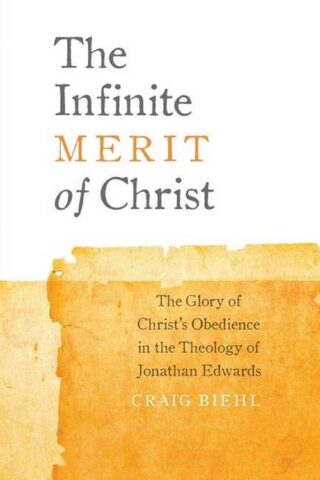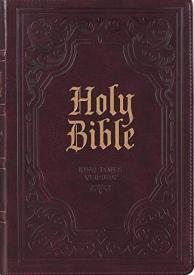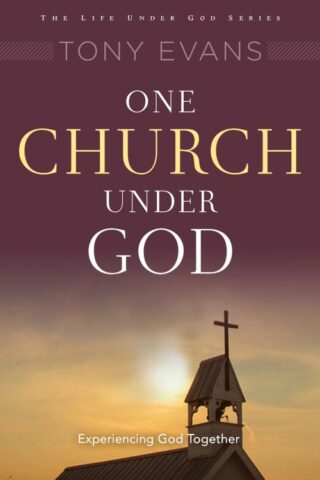Craig Biehl
Showing all 2 resultsSorted by latest
-
Box : Answering The Faith Of Unbelief
$10.95Mr. C’s little antique box is giving Mr. A fits. How could such a simple idea ruin his sleep and push him to abandon his atheism to become an agnostic? And why does he doubt his former confidence to deny the possibility of miracles and the existence of the God of Scripture? It seems the little brown box had shaken him to the core. Was he really a man of faith, and blind faith at that? Must an atheist really know everything about the universe and beyond to know that God does not exist? Was his atheism irrational? Atheists and agnostics pride themselves on being reasonable and scientific while viewing Christian faith as blind and unreasonable. But the opposite is true. Christian faith is neither blind nor unreasonable while the best arguments of atheism and agnosticism rest on false assumptions of faith. Moreover, the toughest arguments against Christianity and the truth of Scripture can become the means of stronger joy and faith in Christ when we see the unreasonable and unscientific nature of unbelief in the best of its proponents. All arguments against the existence and nature of God can easily be exposed as resting on unreasonable assumptions of blind faith. When Christians learn to see and understand these assumptions, they are not only equipped to refute the most difficult claims of unbelief, they will be encouraged in their faith in Christ and inoculated against intimidating arguments that would steal their joy and assurance.
Add to cartin stock within 3-5 days of online purchase
-
Infinite Merit Of Christ
$24.95God is infinitely excellent, and that excellence is most profoundly displayed in the person and saving work of Jesus Christ. The heart of Edwards’ theology radiates the glory of God as displayed in Christ’s saving of unworthy sinners through perfect obedience to God’s unchanging rule of righteousness. The whole of Edwards’ theology stands on the beauty and redemptive work of Christ as revealing and communicating the marvelous perfections of the Trinity. Salvation of a single soul apart from perfect conformity to God’s rule of righteousness would render God unrighteous and abolish His ultimate purpose to display and communicate His glory. Indeed, God could not be God. Revisionist interpretations of Edwards’ soteriology as inclusive or Catholic, therefore, are untenable without an overthrow and rewrite of the entirety of Edwards’ theology. Chapter One examines the ultimate Trinitarian purpose to display and communicate His glory through the Father’s gift of a bride for His Son, and the Son’s purchase of His bride by His perfect obedience to God’s rule of righteousness. Indeed, all of creation serves as the stage of God’s purpose and plan in Christ, leading to the ultimate goal of the saints’ happiness in heaven as they enjoy the infinite blessings of Christ’s exaltation and glory. Chapter Two probes the pre-temporal Trinitarian and covenantal foundation of Christ’s obedience, highlighting the Father’s love in His purpose to save a people, and the Son’s love in freely undertaking to accomplish it. Initiated by the Father, and mutually accepted by Christ and the Father, the terms of the Covenant of Redemption provide for the purchase of Christ’s bride without injury to God’s perfections, most notably His righteous justice. And as Christ voluntarily accepted the terms of the covenant, the entirety of Christ’s saving work earned infinite merit for those He represented and purchased. Chapter Three examines the command to Adam as representative of God’s unchanging rule of righteousness that requires perfect obedience for the obtaining of eternal life. All of God’s commands are comprehended in this one great and unchanging rule of righteousness, as it reflects the very character of God. Chapter Four probes the absolute need for Christ’s perfect obedience in light of Adam’s sin as the representative of mankind, the immutability of God’s righteousness and law despite Adam’s sin, the infinite guilt of sin and the need of an infinite remedy, God’s requirement of a per
Add to cartin stock within 3-5 days of online purchase











